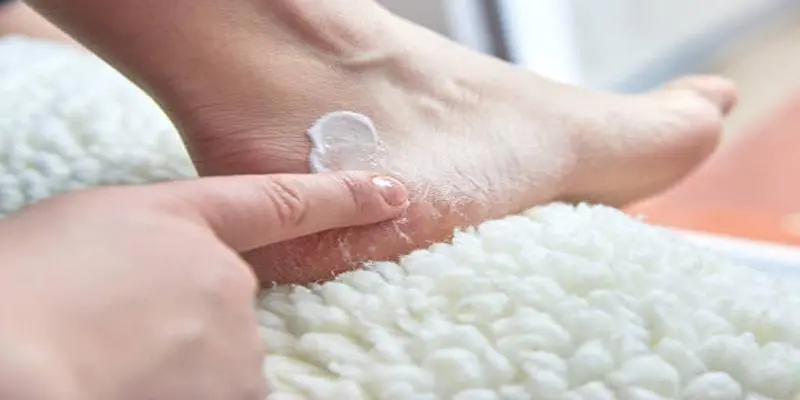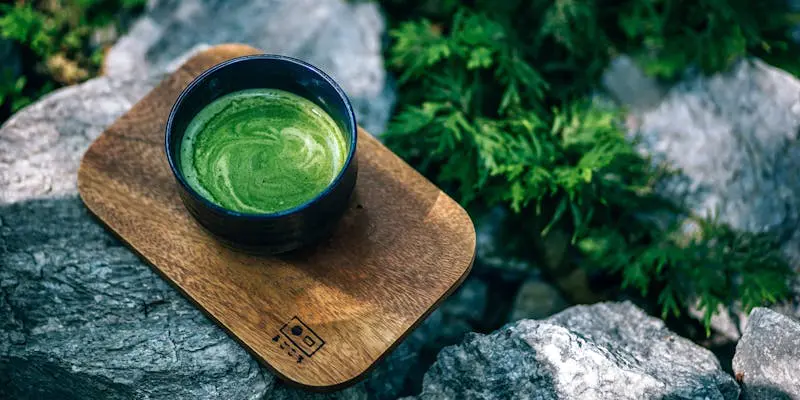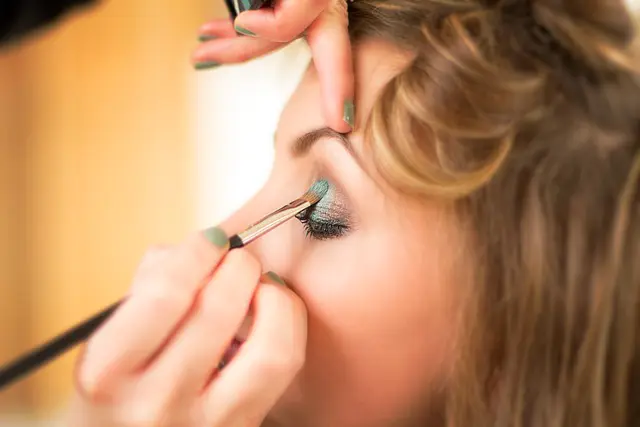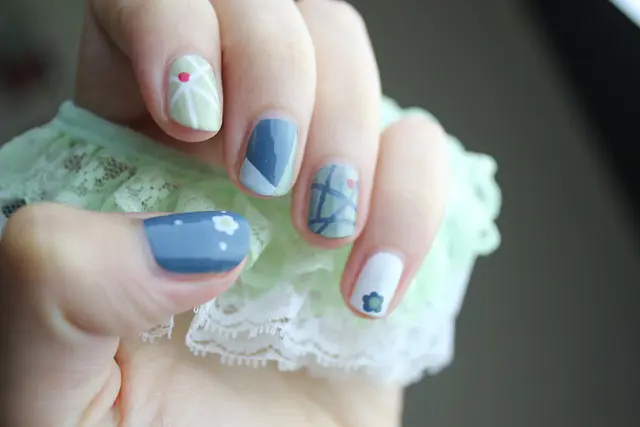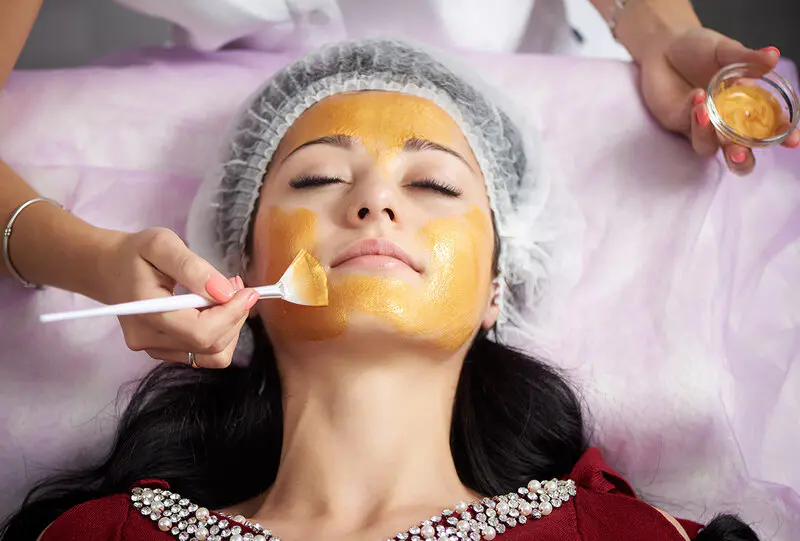The ever-evolving world of beauty has witnessed a technological revolution, marking the dawn of a new era in skincare. These advancements have moved beyond the conventional focus on hydration, cleansing, and sun protection, introducing more precise, potent, and scientifically-backed solutions. The fusion of AI, anti-aging innovations, and at-home devices exemplifies the democratization of personalized, premium skincare. This article explores the technological shifts reshaping the beauty industry and highlights the most groundbreaking advancements in skincare.
1. Customized Skincare: The Union of AI and Dermatology
The incorporation of artificial intelligence (AI) and data analytics has brought about a significant advancement in modern skincare, shifting from a one-size-fits-all approach to one that is tailored to individual skin profiles and needs.
1.1 AI-Powered Skin Analysis
Several skincare brands have introduced AI-driven tools that assess skin health through smartphone photos or comprehensive consultations. These platforms consider various factors such as hydration, skin tone, wrinkles, and pigmentation, offering personalized product and regimen recommendations to address specific skin concerns.
Apps like SkinVision and Shiseido’s Skincare Advisor use AI to detect early signs of skin damage and aging, suggesting product choices that align with the analysis. These personalized solutions enable users to achieve better results by accurately targeting particular skin issues.
1.2 Smart Skincare Devices
The recent emergence of smart skincare devices has allowed consumers to tailor their routines with technological support. Devices such as facial cleansing brushes, LED masks, and ultrasonic tools now feature smart capabilities, enhancing their effectiveness.
- Cleansing Brushes: Brands like Clarisonic and Foreo have developed facial brushes that use sonic technology for deep cleansing, removing dirt, oil, and makeup, and improving blood circulation. Some devices even offer adjustable settings to cater to different skin types.
- LED Light Therapy Masks: LED light therapy, which uses different wavelengths to address skin concerns, has become a popular home treatment. Red light stimulates collagen production, while blue light fights acne. Smart LED masks like the Dr. Dennis Gross mask allow users to adjust settings and treatment duration for a more personalized experience.
- Ultrasonic Skin Devices: Ultrasonic devices enhance the absorption of skincare products by penetrating deeper into the skin. Companies like NuFace use microcurrent technology to firm and lift the skin, providing at-home skin tightening solutions.
These smart devices utilize data to refine your beauty routine, ensuring you maximize the benefits of your skincare products.
2. Anti-Aging Achievements: Redefining Skin Vitality
The quest for youthful, radiant skin has led to a significant focus on anti-aging solutions, with technology playing a crucial role. Advanced skincare technologies now enable more effective, non-invasive treatments that combat wrinkles, sagging, and other signs of aging without surgical intervention.
2.1 Microneedling and Dermarolling
Microneedling, or dermarolling, induces minor skin injuries to increase collagen production and improve the appearance of fine lines, wrinkles, and scars. Devices such as Dermapen and home rollers like GloPRO allow individuals to perform microneedling treatments at home.
This method stimulates the skin's natural healing mechanisms and increases collagen and elastin production, preserving youthful firmness. While professional treatments offer more dramatic results, home devices are becoming increasingly effective and popular for those seeking to rejuvenate their skin.
2.2 Radiofrequency (RF) Technology
Radiofrequency treatments use electromagnetic energy to stimulate collagen production and tighten the skin. RF technology, featured in devices like Thermage and Exilis, has become a sought-after solution for skin tightening, wrinkle reduction, and facial and body contouring.
Home RF devices from Foreo and

